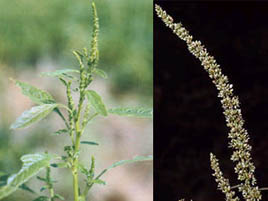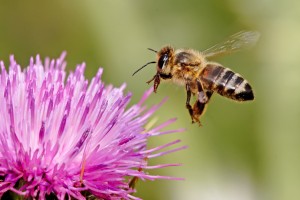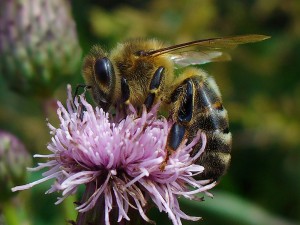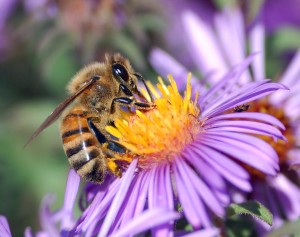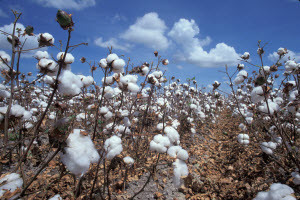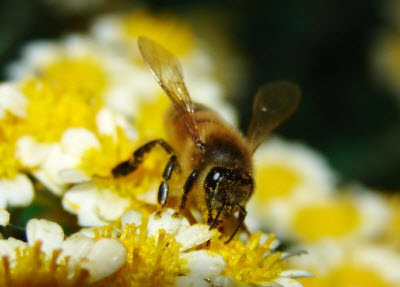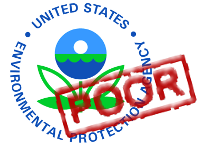Despite a vocal opposition from residents, Colorado’s Boulder County recently decided to permit a second genetically modified crop, Monsanto’s Roundup Ready sugar beets, to be planted on public land.
|
|
|||
Pesticides - News and OpinionThe chemical system of weed control is a gift that keeps on giving, spreading superweeds that withstand up to 64 times the recommended application of 2,4-D toxin and are resistant to multiple pesticides. While evidence of the detrimental impact of systemic pesticides mounts, many beekeepers and independent scientists wonder why U.S. regulators have not suspended or banned their use. Is the massive honeybee die off a canary in the coal mine telling us that the pesticide treadmill, as our current state of agriculture has come to be known, is short sighted and dangerous? Lack of independent studies on the impact of transgenic crops on honeybees, independently, and in combination with other chemicals, further calls into doubt the industry’s safety claims. While massive bee die offs have been occurring for more than half a decade, the connection between colony collapse disorder and pesticides, particularly serious concern about systemic pesticides, has been downplayed by the EPA and the industry. It’s hard to imagine American agriculture without bees and, yet, we may be seeing the end of beekeeping following years of mysterious collapses of honey bee colonies in the United States and the world. Faced with another government agency’s failure to follow the laws, advocate groups had to resort to the courts yet again, making the judicial system the last stopgap for even the most sensible environmental policy. A new army of out-of-control herbicide-resistant weeds has many farmers across agricultural states returning to the very same practices that the chemical “miracle” was supposed to eliminate. Our in depth look at the emerged battleground and solutions. A bill that waters down EPA protections of the Clean Water Act is recommended for consideration by the House as a whole. This is one of several Republican sponsored bills aimed at reducing EPA powers. At least one African government petitioned to include the paraquat herbicide formulation in the Annex III of the Rotterdam Convention. This could have far reaching consequences for the export of the herbicide. The latest stories: Organic pest management proven to be better than pesticides. Chemical farming interests boost anti-pesticide message. GE tree trials continue. Why do we need GM potatoes? GM contamination lawsuits. Personal story about becoming a locavore. And more. Recent research from USDA points to a correlation between a fungus and a family of viruses that may be working together to cause the Colony Collapse Disorder in honeybees. Many still believe, however, that other causes such as pesticide use in agriculture and GMOs that produce pesticides, also play a role in the collapse. EPA has announced plans to place additional limitations on the use of three N-methyl carbamate pesticides – carbaryl, carbofuran and methomyl – to protect endangered and threatened salmon and steelhead in California, Idaho, Oregon and Washington, in compliance with the Endangered Species Act. The decision comes after manufacturers of the chemicals diazinon, malathion and chlorpyrifos refused to adopt the limits voluntarily. The British Beekeepers’ Association is moving away from cash sponsorship deals with pesticide manufacturers after concerns that the chemicals may be harmful to bees. The Association is looking for other sources of funding. According to TimesOnline, bee numbers in Britain are down 54 per cent in 20 years. Industry bias, lax scientific standards, exemption of food crops containing pesticides from registration requirements, and failure to independently monitor GM crops after approval, are among the regulatory problems exhibited by the EPA when it comes to regulating GMOs. |
|||
|
 |
|||

